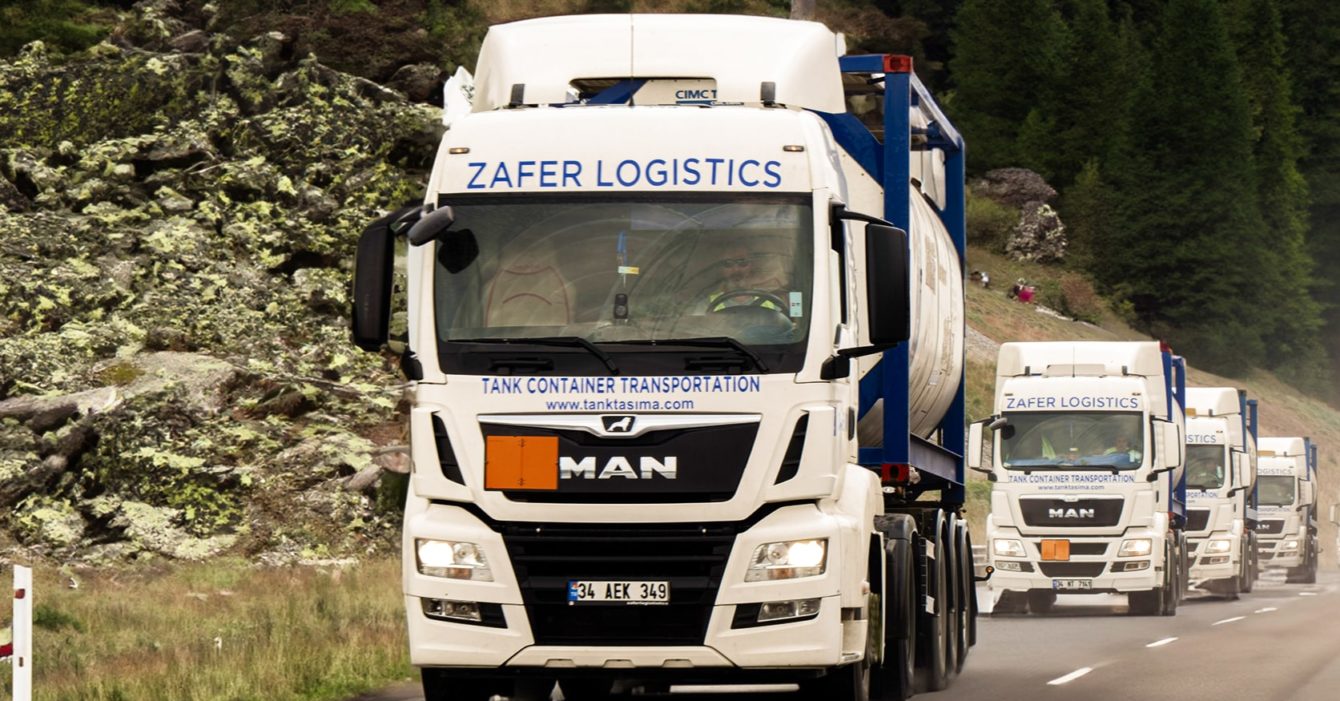Even in established industries, mistakes can easily put safety, efficiency, and environmental responsibility at risk. Tank container transportation is also not exempt from this. So today I’d like to talk about some important missteps that can affect tank container transportation.
- Inadequate Cleaning Protocols: Failing to completely clean tank containers after each use can lead to cross-contamination, compromising the integrity of the cargo; and this, in turn, can pose a serious threat to public health. A stricter commitment to cleaning standards and protocols is a must to prevent hazardous material mix-ups.
- Poor Inspection Practices: Failing to care for properly routine inspections of tank containers for signs of corrosion or damage can have serious consequences. Small cracks or leaks can increase rapidly into major incidents during transportation. You have to proceed with regular and thorough inspections to avoid potential issues early on.
- Improper Loading and Stabilization: Inaccurate loading and poor stabilization can result in load shifting during transit, leading to imbalances, rollovers, or even container detachment. Adhering to proper loading guidelines and using appropriate securement measures is essential to avoid such risks.
- Ignoring Regulatory Compliance: One of the most significant mistakes that can lead you to legal troubles and delays is non-compliance with international, national, and local regulations. Proper documentation, labeling, and adherence to safety standards are essential to ensure a smooth and lawful transportation process.
- Inadequate Training and Communication: Mostly, the problems that occur in transportation are caused by human error. Failing to provide sufficient training to personnel involved in tank container transportation, or lack of clear communication can lead to misunderstandings and potentially risky situations.
Learning from past mistakes and implementing best practices will help the industry continue to evolve and meet the growing demands of a globalized world while keeping the highest standards of safety and responsibility.





